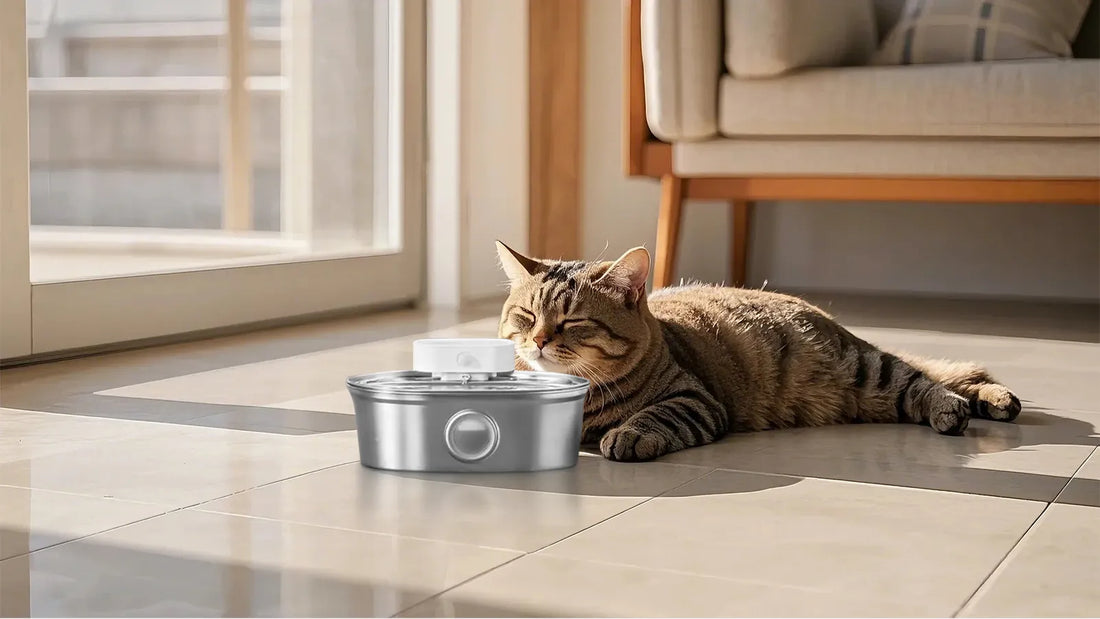Have you ever given your dog a bath, only to find that they still smell less than fresh? It can be frustrating and puzzling, especially when you’ve used the best shampoos and followed all the right steps. The truth is, there are several reasons why your dog might still stink even after a bath. Understanding these causes can help you take the necessary steps to keep your furry friend smelling clean and pleasant.
1. Skin Infections
One of the most common reasons for a persistent bad odor in dogs is skin infections. Bacterial or fungal infections can cause an unpleasant smell that lingers even after a bath. These infections often result from underlying issues such as allergies, hormonal imbalances, or poor grooming habits. If your dog’s skin appears red, inflamed, or has a foul odor, it’s essential to consult a veterinarian for proper diagnosis and treatment.
2. Ear Infections
Ear infections are another frequent culprit behind a stinky dog. Dogs with floppy ears or those that swim frequently are more prone to ear infections. The infection can produce a strong, unpleasant odor that persists despite bathing. Regular ear cleaning and checking for signs of infection, such as redness, discharge, or excessive scratching, can help prevent this issue.
3. Anal Gland Issues
Anal glands, located on either side of your dog’s rectum, can sometimes become impacted or infected, leading to a foul smell. Dogs may also express these glands when they are scared or stressed, releasing a strong, fishy odor. If you notice your dog scooting on the floor or licking their rear excessively, it might be time to have their anal glands checked by a vet.
4. Dental Problems
Bad breath can contribute significantly to your dog’s overall odor. Dental issues such as gum disease, tooth decay, or infections can cause a persistent bad smell. Regular dental care, including brushing your dog’s teeth and providing dental chews, can help maintain oral hygiene and reduce bad breath.
5. Diet and Digestive Issues
What your dog eats can also affect their smell. Certain foods can cause bad breath or contribute to a strong body odor. Additionally, digestive issues such as flatulence or diarrhea can produce unpleasant smells. Ensuring your dog has a balanced diet and addressing any digestive problems with your vet can help mitigate these odors.
6. Wet Dog Smell
Even after a bath, the infamous ‘wet dog smell’ can linger. This odor is caused by microorganisms living on your dog’s skin and fur that produce compounds when wet. Thoroughly drying your dog after a bath and using a deodorizing spray can help reduce this smell.
7. Environmental Factors
Sometimes, the source of your dog’s odor isn’t your dog at all. Rolling in something smelly, such as feces or dead animals, can leave a lasting stench. Regular grooming and keeping your dog away from foul-smelling substances can help prevent this issue.
8. Underlying Health Conditions
Certain health conditions, such as diabetes or kidney disease, can cause a distinct odor in dogs. If you notice a persistent, unusual smell along with other symptoms like increased thirst, weight loss, or lethargy, it’s crucial to seek veterinary advice.
Addressing the root cause of your dog’s persistent odor can make a world of difference. By understanding what causes a dog to stink even after a bath, you can take proactive steps to ensure your furry friend stays fresh and clean. Remember, a healthy dog is a happy dog, and a happy dog smells much better!













